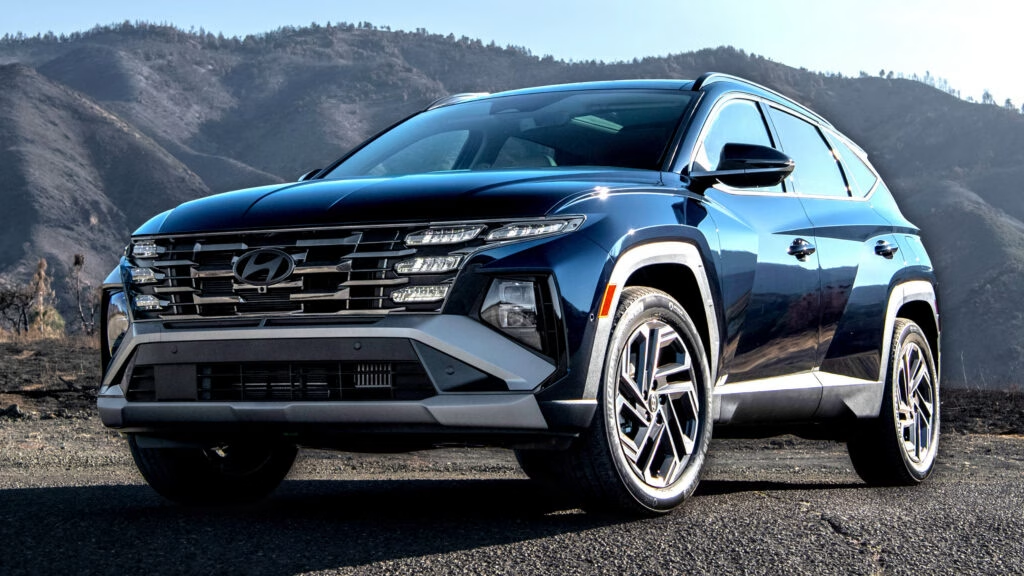Hyundai is gearing up for a price increase across its entire lineup in the United States, and if you’re in the market for a new car, you might want to pay attention. The automaker is reportedly considering an average price hike of about 1%, which translates to roughly $400 on a $40,000 vehicle. This decision comes in response to rising costs linked to tariffs imposed during the Trump administration, a trend that seems to be affecting many manufacturers in the automotive industry.
What’s Behind the Price Hike?
You might be wondering why Hyundai is making this move now. Well, sources close to the company indicate that the price adjustments could take effect as soon as next week. However, it’s important to note that only newly built vehicles will be impacted by this increase. Along with the price hike, Hyundai may also raise shipping charges and the prices of optional features, such as floor mats and roof rails.
In a recent statement, Hyundai emphasized that this pricing review is a regular part of their operations, driven by market dynamics and consumer demand rather than solely by tariffs. They plan to remain flexible in their pricing strategy, adapting to shifts in supply and demand as well as regulatory changes.
What About Previous Promises?
Interestingly, just a few weeks ago, Hyundai had assured customers that there would be no price increases until at least June 2. As that date approaches, it seems they’ve decided to start passing some of the increased costs onto consumers. This kind of back-and-forth can be frustrating for potential buyers, especially those who may have been waiting for the right moment to make a purchase.
Hyundai’s Position in the Market
Despite the looming price hikes, Hyundai remains optimistic about its sales prospects. Last year, the company imported 1.1 million vehicles into the U.S., making it the third-largest importer behind Toyota and General Motors. Hyundai has ambitious plans to manufacture 70% of the vehicles sold in the U.S. at local plants, supported by a significant investment of $21 billion announced earlier this year.
The company’s leadership is confident that they can achieve a new sales record for the fifth consecutive year. In April, Randy Parker, the CEO of Hyundai Motor North America, expressed a strong belief in their sales strategy, stating that they plan to “sell like hell” this year.
Navigating the Changing Landscape
For consumers, this news might feel like just another hurdle in an already complicated car-buying landscape. With rising prices becoming the norm, it’s essential to stay informed and consider your options carefully. If you’re eyeing a Hyundai, it might be wise to act sooner rather than later, especially if you want to avoid the impending price increases.
The big takeaway? Hyundai’s price adjustments aren’t just about numbers—they reflect broader economic pressures and market dynamics. If you’re considering a new vehicle, start with one change this week, whether it’s visiting a dealership or researching models, and you’ll likely spot the difference by month’s end.

